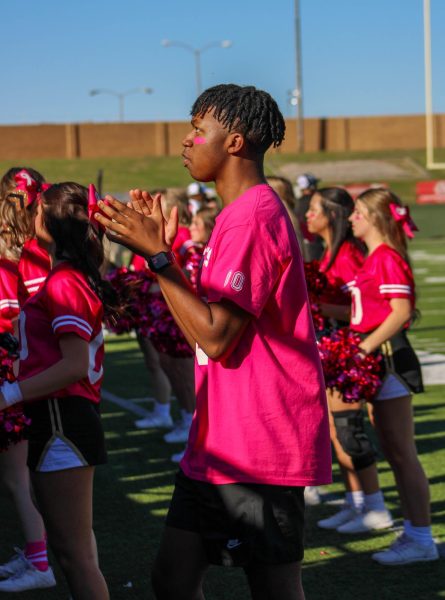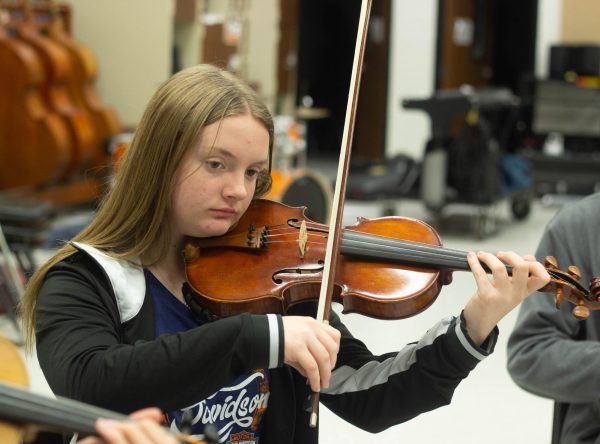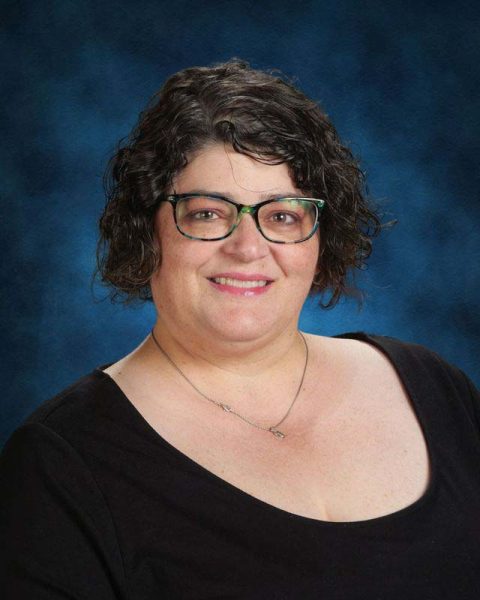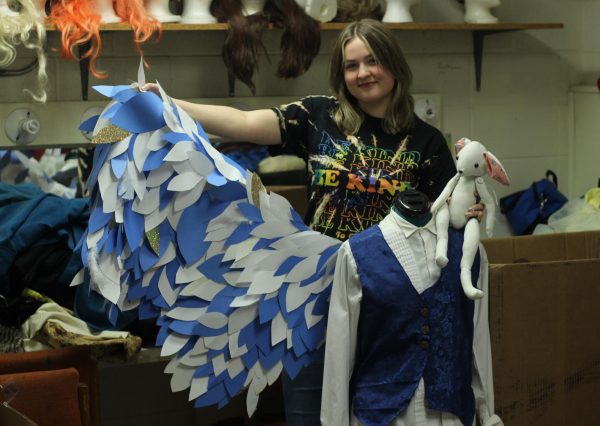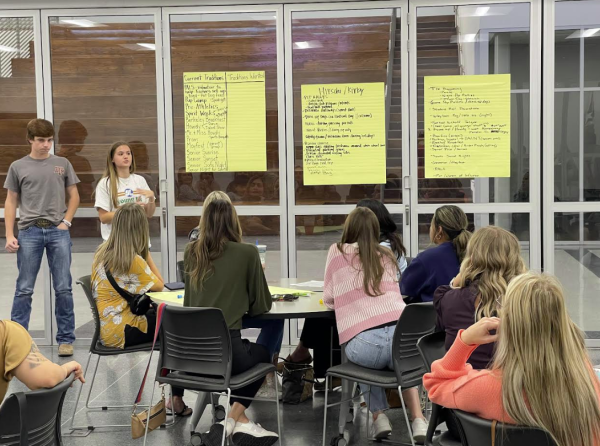What Lasts Forever?
Yearbook pre-sales end April 15th
“This can’t be happening,” editor-in-chief Yasi Sharif sighs as she drops her head into her hands.
“Why do we have no photos of varsity tennis; they’ve been in season since September,” photo editors Angel Quevy and Amber Martin say in conjunction.
“Page 117 has gone on the run, I had it just 5 minutes ago,” Cortney Wood says as she frustratedly searches the server for the escaped page.
“I’ll find it,” section editor Anna Krzewinski says as she opens the missing page’s folder, which mysteriously found its way into the ready to publish file.
And so starts another standard day in the yearbook room.
Yearbook pre-sales are wrapping up. April 15 is the last day to get the yearbook on yearbooksforever.com. After that students can still get a book, but they have to purchase it the day yearbooks come out, and the price is $100.
The yearbook process started before the year even began.
“You take a concept and run it through a lot of potential concepts until you find the one that’s magic,” yearbook adviser Mary Beth Lee said. “Everything else to be successful is the team of students and the coach, but the whole school participates in yearbook.”
The process to create the yearbook starts during the spring of the previous year. The editors research designs and layouts, they use their creativity to help do so, and they burn through their time establishing it all as one conjoined creation. The staff is constantly harassed by deadlines, and when deadlines aren’t met, everyone else has to help pick up the slack. Lee said the staff essentially takes a blank document and turns it into a beautiful 288-page invention for the entire school to enjoy.
“Sometimes you just want to go to a corner and rip out your hair or cry,” Martin said. “It takes lots and lots of failure to get to the right answer,” Lee said.
Deadlines are an essential part of yearbook but are usually the most stressful. There’s a scramble to get things done, and it’s like a “loud, stressful frenzy,” according to Lee. When they have nothing, everything is crazy; however, they’ve never had a blank page.
“[Sales] are kind of low,” Sharif said. “Everyone should buy a yearbook.”
“I hope everyone buys and enjoys a yearbook but realizes the effort we put into it,” Quevy said.
There is no funding for yearbook other than the money the staff gets from selling the actual book and ads. The more purchases the yearbook gets, the larger and less expensive the book gets, and the more extra copies can be bought for those who did not purchase the yearbook before release date. This year there are 45 books still left for sale on yearbooksforever.com on a first come, first serve basis.
“We can’t depend on people buying a yearbook after they’re published,” Lee said. “I understand, if I was going to buy a pair of shoes for $100 but not get to see it, I would say no.”
But the staff depends on pre-orders for the book to function. Without them, the book can’t survive.
“You want to have that old movie scene where you’re flipping through your old yearbook and looking back at your old pictures,” Quevy said. “It’s a part of us.”
Yasi stays after school 3-4 days a week until 5 to work starting during the 2nd week of October and ending at spring break. The rest of the staff stays after school whenever they need to get a page completed or worked on, until they have achieved that goal. They are proud of their finished product and even more so when they see students looking at the pictures and pages they’ve helped to create. “[The best part is] seeing the finished product,” Sharif said.
“Yearbooks are forever,” Sharif, Martin, Quevy and Lee said.


